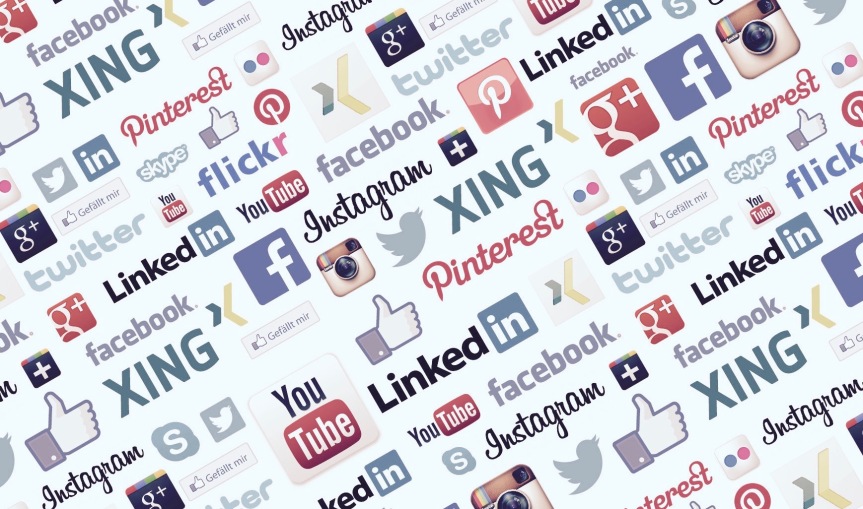Media and the way audiences use it have dramatically changed. We have evolved from a passive audience to an active audience with a constant flow of critical thinking.

For example, families used to congregate at the end of the day to have dinner and watch tv, which was mostly a passive  exercise, even though you could interact with your famil
exercise, even though you could interact with your famil y by commenting on the show directly to one another, you couldn’t become actively involved directly with the show or the news for example. Many people just watched the news rather than contributed to it. Now you can watch the news the same way, but you can also become involved in twitter feeds with live comments on what the news is presenting, and you can also send in different topics of discussion or comment on what other people have to say about the news on social media platforms.
y by commenting on the show directly to one another, you couldn’t become actively involved directly with the show or the news for example. Many people just watched the news rather than contributed to it. Now you can watch the news the same way, but you can also become involved in twitter feeds with live comments on what the news is presenting, and you can also send in different topics of discussion or comment on what other people have to say about the news on social media platforms.
Media has always networked through multiple platforms. The only thing that has changed is the platforms and the content that is placed on them. With every rising platform comes issues that not only individuals who use it face, but also anyone who is exposed to it through friends.
Ironically though the media itself can exaggerate or even generate the discussion of the current issues. For example, some of the current issues we face are:
- Ethical/moral obligations of the content provider and user
- Legal regulations with the constant change in the platforms and content
- The use of media can be somewhat anonymous
- The media and its technologies are a whole new realm with hardly any existing boundaries. Many of the previous values related to media will not smoothly fit into the new mediums.
One of the key issues with the use of the media is how each individual can attach th eir own moral and ethical obligations to a moving target (the media). And within this issue follows the issues of privacy, manipulation of data/images and plagiarism.
eir own moral and ethical obligations to a moving target (the media). And within this issue follows the issues of privacy, manipulation of data/images and plagiarism.
Overall as individuals struggle to understand the actual change and effects that the media has whilst we are actively and passively involved in it. It’s clear that the media can, and does have positive and negative effects on individuals, and media research companies attempt to analyse selected data and provide information on how media and individuals interact but is it successful? in my opinion, not entirely. Many media research companies use software engineers, data scientists and market researchers to find out how people use the media, what they use it for and how often it’s used, and although this method of media research is effective and will provide information on the quantitive information, it’s generally only conducted on a small section of the market, and it’s unable to fully encompass the emotional connection that people have to the media and how they interact with it. Each individual will be affected differently based on past experiences, moral obligations, and personality as well as what their peers are affected by on the media and how they can place the emotional impact onto the people around them and encourage them to also be impacted, rendering media research companies virtually useless.
The history of media research however shows us an anxiety that people had about the effects that each new media will have on our lives. But there is always a utopian and dystopian side to each new evolution in media and media audiences. History shows that we always challenge and question new media, but the outcomes always positive and negative and occurring based on each individual and how they choose to interact.
Because audiences are no longer as passive in their interaction with the media and have now become more active in their use, more content has become exposed to a lot more people globally. This exposure can have both positive and negative effects. Media research shows what we are exposed to, but it’s unable to judge the effect that it will have on us, the only way we can assume what is going to happen with the evolving media technologies is the history of what had already happened with previous evolutions.
So what are the real issues that we face with growing media and its technologies? Overall I think the real issue is moderating with the media and knowing what’s been manipulated, how the media is being used to change our perceptions, who is producing the information and finally, ensuring that how we interact with an online presence co-insides with our ethical views as individuals. By looking into media research history we should be able to see that the fear of the effect of the media is over exaggerated and the issues in the media come down to individuals and your own personal choices.

